Latest Updates
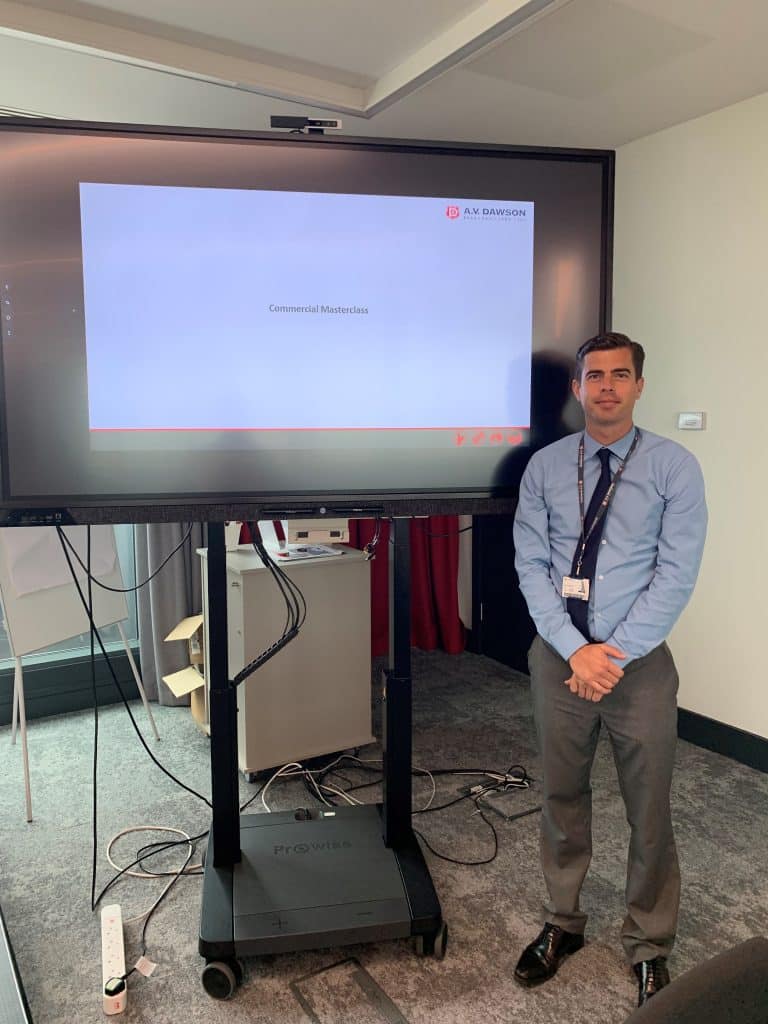
commercial workshop presentation slides
Following on from the commercial masterclass which took place back in September, we thought it may be useful for AVD Leadership Academy colleagues to have access to the presentation slides.
Click on the button below to gain access to the slides.
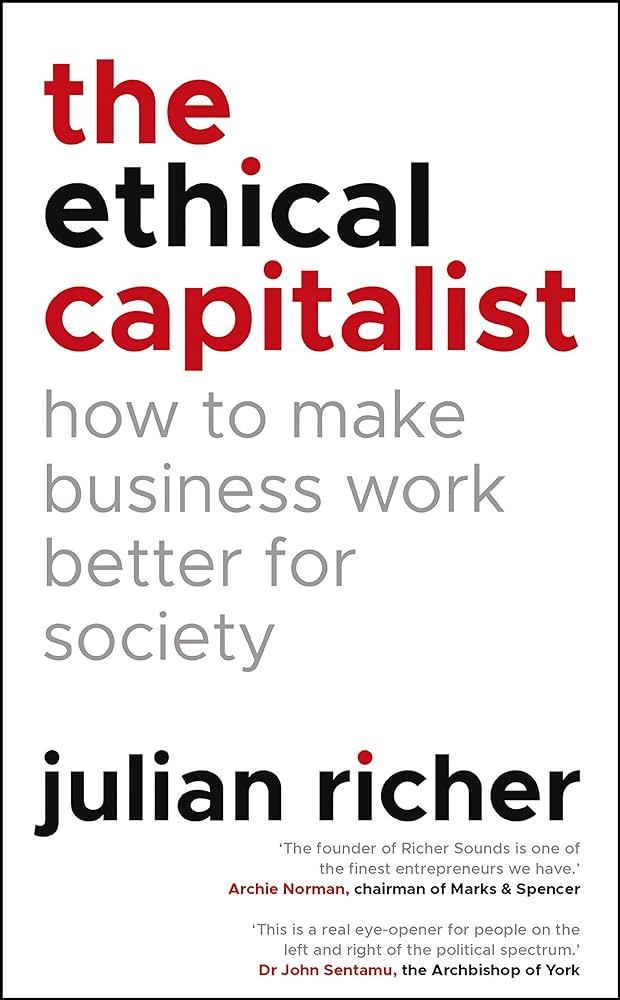
Book review: THE ETHICAL CAPITALIST, JULIAN RICHER- reviewed by charlie nettle
If you want to understand more about how ESG (Environment, Social and Governance) principles can be implemented to achieve a profitable, sustainable business then have a read of this book. It was written by Julian Richer, who founded the Good Business Charter in 2020 – an accreditation which AVD achieved in 2023. This book gives you a good sense of the man behind the Good Business Charter – his business approach as an entrepreneur and his perspective on the economy. While this might sound like it’s going to be heavy going, it’s actually a relatively easy read. I didn’t pick up much in the way of new ideas and initiatives to implement, as I think much of it we’re already doing or are underway with, through our own ESG strategy. It was however, really interesting to read the author’s views on economics, including topics such as taxes and privatisation – and I think that’s given me a broader understanding of how the world ticks – particularly in the prisons sector!
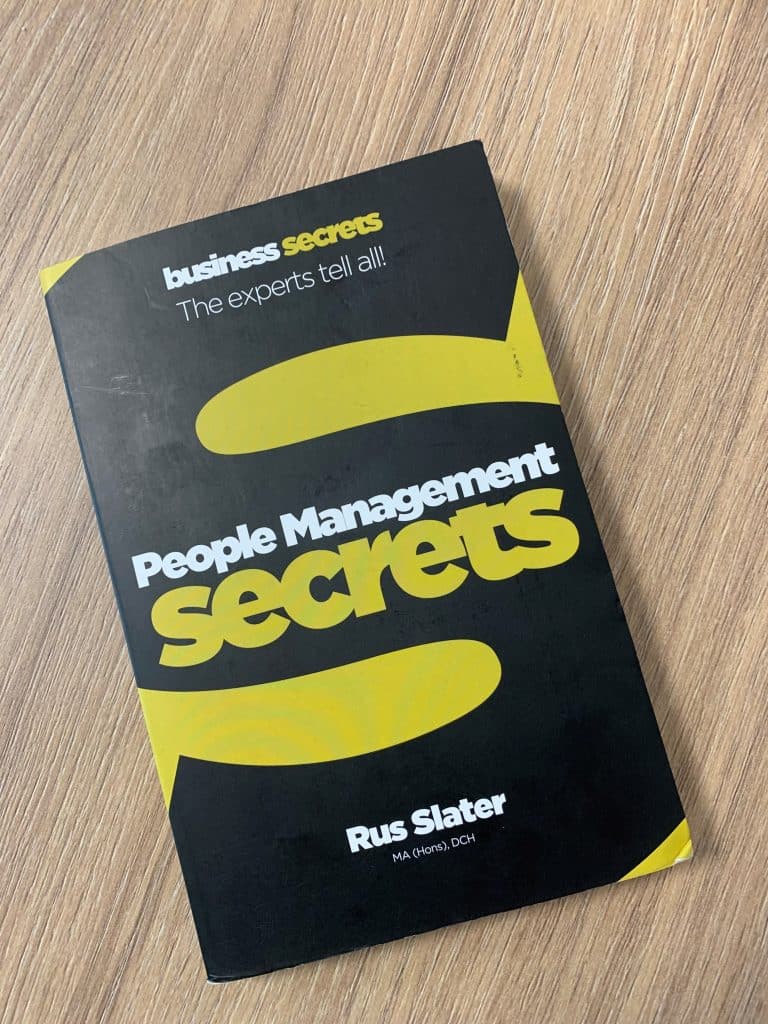
Book review: People Management Secrets, Rus Slater – reviewed by charlie nettle
It’s a relatively easy, quick read with some relatively basic and practical tips in. A good read if you’ve not read many leadership and management books before. If you’re looking for something more in depth then you’ll possibly not get much in the way of new ideas from this book.
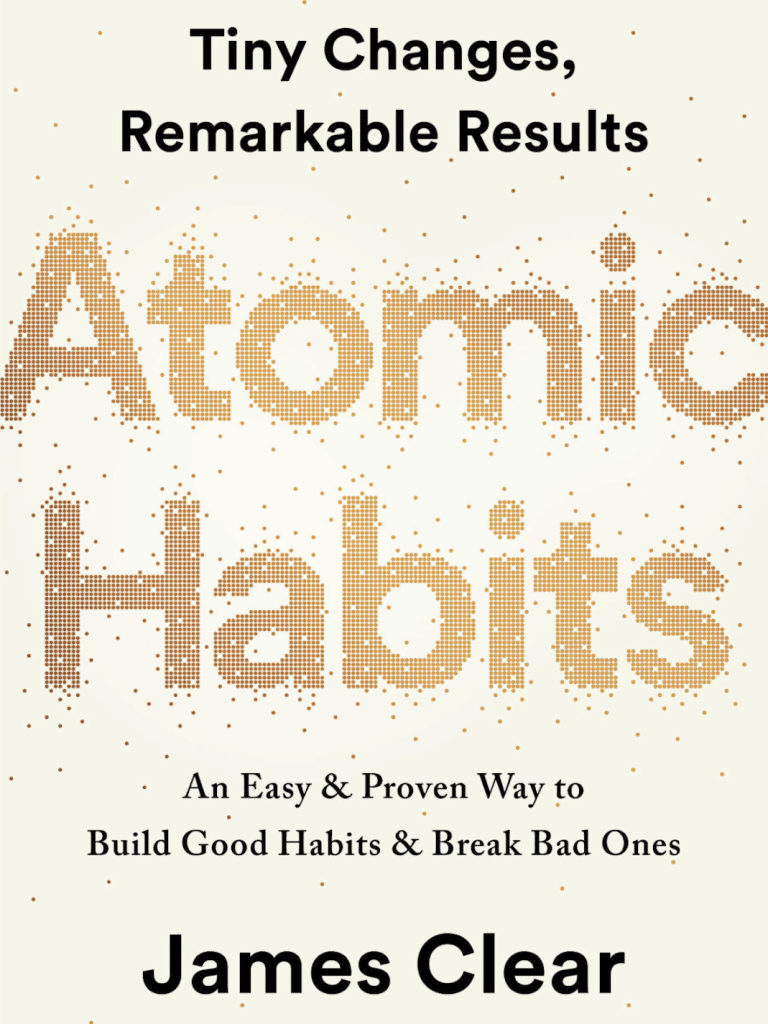
Book review: Atomic Habits, James Clear – Reviewed by charlie nettle
This was the book that was mentioned in the Celtic FC seminar. I’ve recently finished reading it. I thought it was excellent and included some very practical steps to implement good habits. My 20 key takeaways were:
1. You might start a habit because of motivation but the reason you stick with a habit is because it becomes part of your identity eg. you tell yourself you’re an athlete and a musician etc
2. Adopt “habit stacking” to make a second habit easier to do. Or pair a new habit with a current habit, so it acts as a cue. Atomic habits is effectively about layering small changes on top of one another.
3. Human behaviour follows the Law of Least Effort, so design your environment to help you keep good habits (eg. sprinkle triggers to give cues, such as a water bottle in an obvious place to make you drink more water), and make bad habits difficult (eg. hide the beers in the back of the fridge so you can’t see them).
4. Surround yourself with people who have the habits you want to have.
5. Create a motivation ritual by doing something you enjoy before a difficult task.
6. Try “resetting the room” every time you finish in there to save tidying later.
7. Try to add a little pleasure to good habits and pain to bad habits. The more tangible, concrete and immediate the consequence, the more it influences behaviour.
8. Find an accountability partner. Make the cost of bad habits public and painful.
9. Add visual aids to illustrate your progress for keeping good habits and avoid “breaking your streaks” eg. marking it on a calendar.
10. Missing a habit for one day is an accident, two days is a new habit – so get straight back on with the habit, even if you’re not doing it at 100%.
11. Your genes can predispose your ability but they don’t predetermine your success in achieving what you want to achieve.
12. Your genes affect the Big 5: Openness to experience, conscientiousness, extroversion, agreeableness, neuroticism.
13. To work out what you’re good at, consider what feels fun for you, but work for others, when you lose track of time (flow state) and achieve greater returns because you’re a natural.
14. Great players create a new game that favours their strengths – aim to specialise and become the best in a narrow category.
15. To maintain motivation, follow the Goldilocks Rule – ie. make a habit/task not to easy, or too difficult but just right. This ensures it is right on the edge of your abilities and delivers a flow state (Yerkes Dobson Law).
16. The only way to become excellent at something is to be endlessly fascinated with doing the same thing over and over, ie. show up everyday and put the reps in.
17. The greatest threat to success is not failure, but boredom.
18. Seek peak performance by getting slightly better each day.
19. Habits follow a path of Cue, Craving, Response, Reward.
20. Keep refining your ‘system’ by making your good habits obvious, attractive, easy and satisfying and your bad habits invisible, unattractive, hard and unsatisfying.
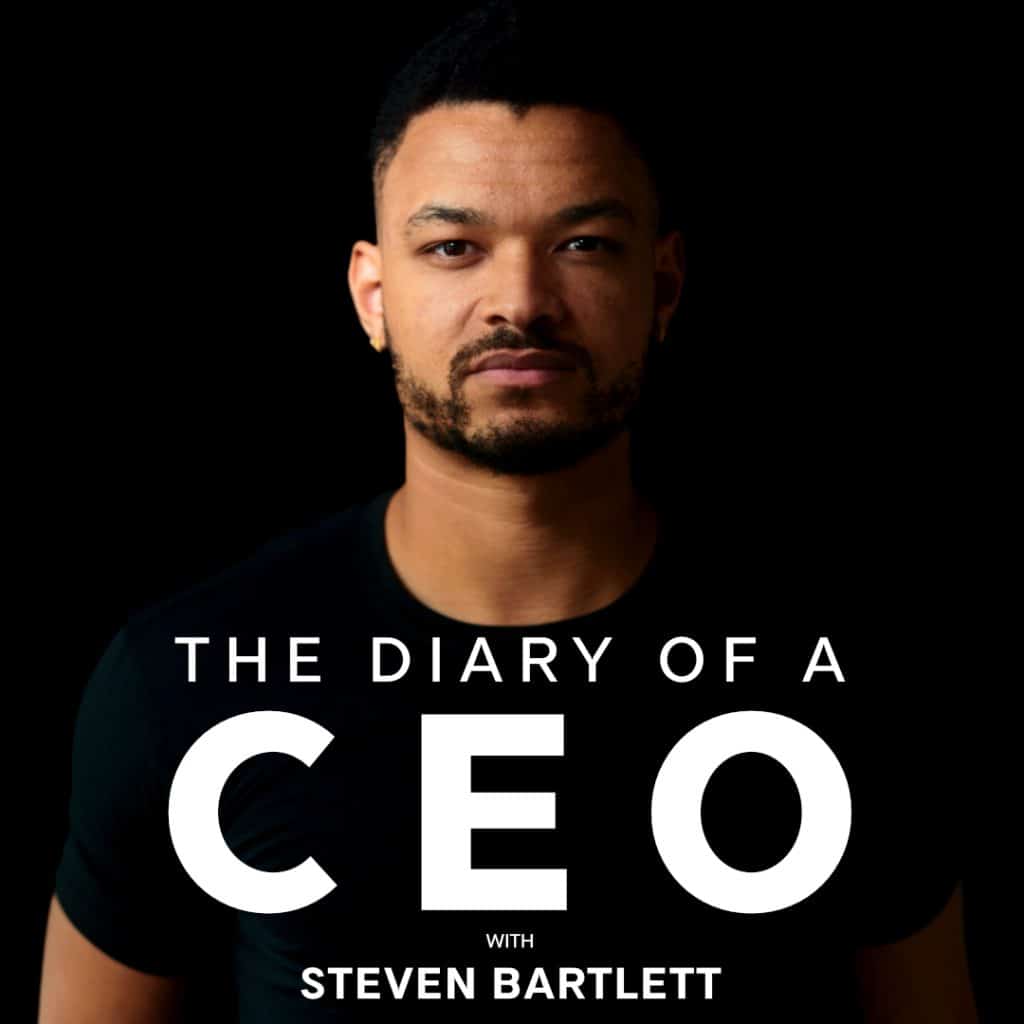
GYMSHARK CEO: HOW I BUILT A $1.5 BILLION BUSINESS AT 19: BEN FRANCIS
Ben Francis has achieved incredible success it is easy to forget how young he still is. Founding Gymshark, a leading gym wear brand, when he was still in his teens, the company is now worth over $1.5 billion. But it hasn’t always been easy for Ben.
The Diary of a CEO is an unfiltered journey into the remarkable stories of the people that have defined culture, achieved greatness and created stories worth studying.